

Josh Larsen is the co-host of the radio show and podcast Filmspotting, author of Movies Are Prayers, and editor/producer for Think Christian, a website and podcast exploring faith and pop culture. He’s been writing and speaking about movies professionally since 1994. You can connect with him on Facebook, Twitter, Letterboxd and his website. Jarrod Howard-Browne speaks to Josh about his work as a film critic and culture-commentator and the ways it intersects with his Christian faith.
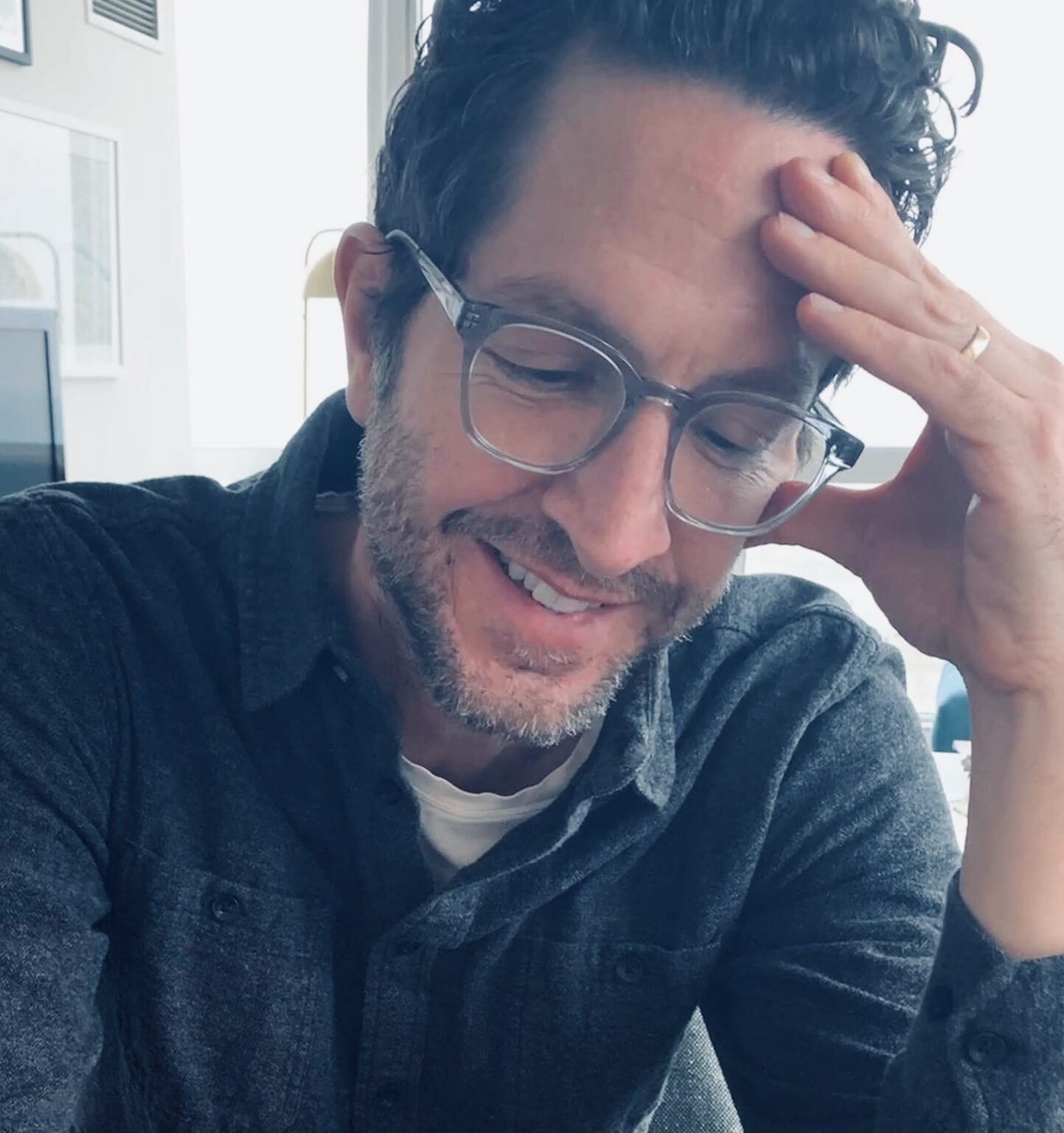
You’ve been writing professionally and writing about film for over twenty years now. What first drew you to writing and to film?
As I progressed in school, writing was one of the things I enjoyed the most and where I did my best work, so combining that with one of my passions – pop culture, and movies specifically – was a natural direction in which to head.
I’ve heard you say that movies were a big part of your childhood, that going to the movies together was a family tradition, to the point where you’d hit the closest local multiplex to catch a movie even when on holiday. What are some of your old family-favourite movies? And what are some of your family’s movie-watching practices that have most shaped you?
I’m pretty sure seeing Star Trek IV: The Voyage Home in Toronto was one of those occasions. We could have easily seen it back home, but going to movies together was such a natural part of my family’s rhythm that it made sense to do it while on vacation. As for family practices, Sunday afternoons were often spent watching a programme called “Family Classics” on a local television station, where they would introduce films like The Adventures of Robin Hood or Swiss Family Robinson. And of course watching Roger Ebert and Gene Siskel in the various incarnations of their movie-review television show was a staple of our Saturday nights.
Is it safe to say that you’ve continued the tradition with your own family? If so, what are some of the ways you approach watching movies as a family today that may be helpful to other Christian families wanting to watch movies well together?
Start young, with “safe,” easily digestible stuff like Disney animation, but also silent film (kids love Keaton and Chaplin); black and white films; non-English-speaking titles (the animated works of Hayao Miyazaki, with subtitles, are a great way to do that). This way they’ll experience and appreciate such things before they hear other kids calling them “boring.” Most importantly, talk to them about what they watched, though not in a lecturing way, but by following their lead and interests. (“Who was your favourite character?” is a great starting question.) This way, as they branch out and begin watching things with more difficult content, including when they’re not with you, you’ll have already established a baseline for what makes a movie worthwhile and an understanding that they should not just be consuming, but thinking deeply about, what they’re watching. As parents these days it’s impossible to police everything our kids watch, but we can inform how they go about watching it.
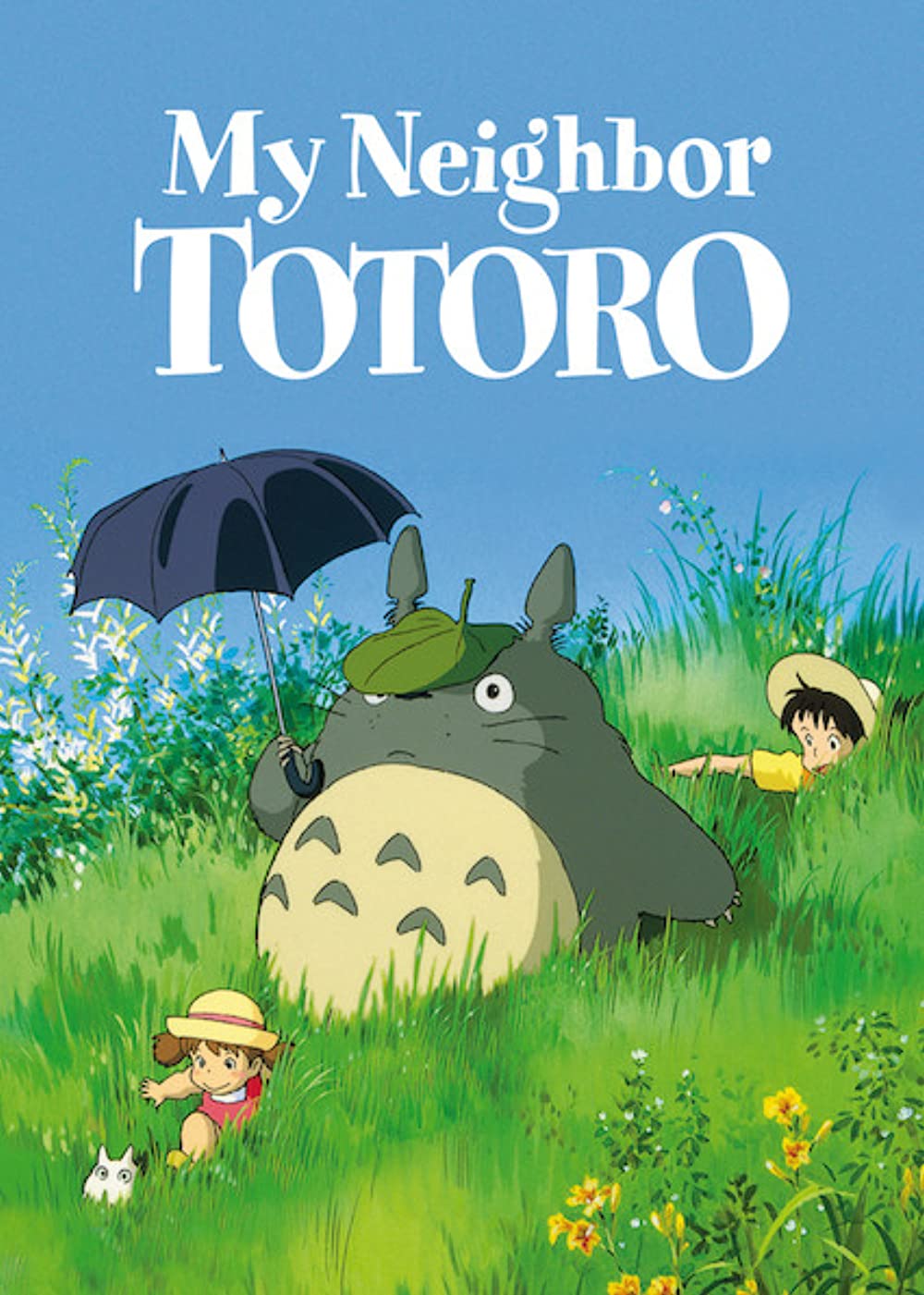
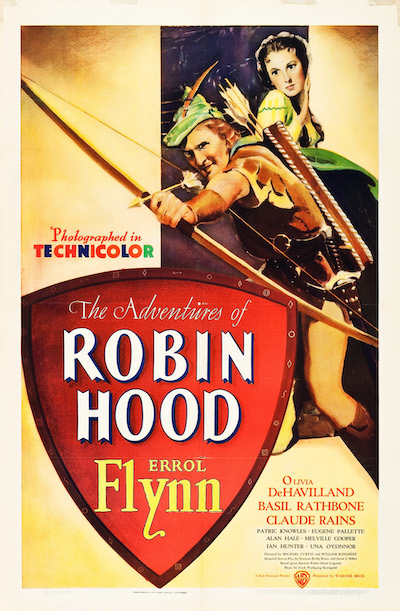
The tagline for the online magazine and podcast Think Christian, of which you are the editor, is “No such thing as secular.” Where does that tagline come from and how is it expressed in TC’s work?
I have to credit Steven Koster, who was the director of ReFrame Media (TC’s parent ministry) when I was hired and was crucial in forming the vision for the programme. He tossed it off in an early meeting, and we all agreed it would make for a great tagline: a bit of hyperbole, perhaps, but also a succinct summarizing of our theological philosophy: that all of culture belongs to God, and relates to God’s grand story in some way.
In 2017 you published a wonderful book called Movies are Prayers in which you explore films as various expressions of prayer. What led you to write the book?
The idea for it – that certain films can model prayers of praise, confession, lament, obedience, and more – was born at a time when I had been pulled off the movie beat at my newspaper and was looking for a creative, film-centric outlet. I wrote a bit here and there exploring the notion, then it really clicked during a press screening of Terrence Malick’s The Tree of Life. During the “creation sequence,” as it felt as if the first chapter of Genesis was washing over me, I realized the experience was akin to offering a prayer of praise during church. So it became a matter of thinking back on similar experiences I had at the movies.
In the foreword to Movies are Prayers the well-known film critic Matt Zoller Seitz wrote: “A critic such as Larsen writes much more perceptively about what a film actually is, what it contains, what it says, than all but a handful of critics who don’t carry the difficult responsibilities that spiritually-minded critics shoulder every day of the week.” What difficult responsibilities do you think he is referring to and why do they potentially make you and spiritually-minded critics like you write so perceptively about film?
Matt was very gracious to write that foreword. Perhaps he was suggesting that when you write for a Christian readership, as I do at Think Christian, there are particular concerns/connections that you’re expected to make, which writers at more mainstream publications don’t need to worry about? There is probably something to that, though I will say that we are blessed at Think Christian with a curious, grace-filled following that is less worried about the “dangers” of the pop culture we talk about and more interested in the ways it may help us understand God’s world and our place in it. I will say – and this comes from someone whose first 15 years or so were as a critic in mainstream media – that I still find it difficult to do “Christian criticism”– respecting and elucidating the art on its own terms while also bringing relevant, theological reflection to my experience of it. I don’t know if it’s “harder,” but I find it more challenging to do well.
It’s clear that your faith has informed and shaped your approach to film, but I am curious to know how film has conversely informed and shaped your faith?
Honestly, it’s hard to imagine my faith without it. I can read about things like sin, forgiveness, grace, and love in books of theology and even see them play out in the stories of the Bible, but they truly grip my heart when I see them captured on the screen in places and ways you would never expect. (Sean Baker’s Tangerine, for example.)
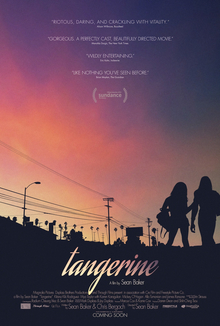
For the last 10 years you’ve been simultaneously working as editor of Think Christian and as co-host with Adam Kempenaar of the highly influential Filmspotting podcast. No doubt there is an overlap in the two audiences (I happily live in the overlap!), however it’s also clear that there are some significant differences too. How do you approach doing film criticism for those different audiences? And what do you think each audience could learn from the other in terms of how they approach film?
Audience is the key word. TC readers come to our website and podcast specifically for the theological reflection we can bring to pop culture, so that’s what I try to offer. At Filmspotting, our listeners are expecting a more general perspective, though one offered in personal conversation, so that’s what I hope to bring there. It’s a matter of meeting the audience where they are. What one audience can learn more from the other, I’ll leave for them to discover if they want to join you in the overlap!
You’ve been the host of the Ebert Interruptus event at the University of Colorado’s Conference on World Affairs for the last four years where you lead an audience through a multiday workshop examining a film frame by frame. What have been some of the highlights of hosting this event?
It sounds simple, but just a greater appreciation for what the craftspeople involved in a feature film actually accomplish, from one frame to the next. I come away in awe at the creativity that went into movies I think I already know really well. And I feel unqualified to negatively criticize a film ever again.
In an interview for the 2020 Critics Picks for the Chicago International Film Festival you mentioned sometimes being drawn to films that make you feel uncomfortable. Could you give us an example of a recent film like this, as well as say a bit more about why you think it could be a valuable experience to watch films that may make us feel uncomfortable?
A lot of the time our discomfort comes from a lack of understanding, so film is a “safe” place to explore what it is about a place, time, or community that we don’t fully understand. Zola made me deeply uncomfortable, but it revealed a lot about our performative instincts as humans longing for divine connection – especially in this age of social media, of which I’m as much a part of as the strippers in the movie, albeit in different ways. Zola ended up making my top ten list for the year.
In 2017 you asked Paul Schrader, in an interview about his then recently released film First Reformed, what he wished Christian audiences would take away from watching the film. Ever since listening to that interview I’ve been desperate to ask: What would your answer be to the same question?
If I remember right, he kind of dodged that one! And I get it – the best film makers don’t want to talk about the “message” of their movie. I guess I would answer with what I took away from the film, as a Christian: encouragement to hang in there. Doubt is real and powerful and a life of faith is not easy, but even First Reformed would say that there is something greater animating this world that deserves our reverence and perseverance.
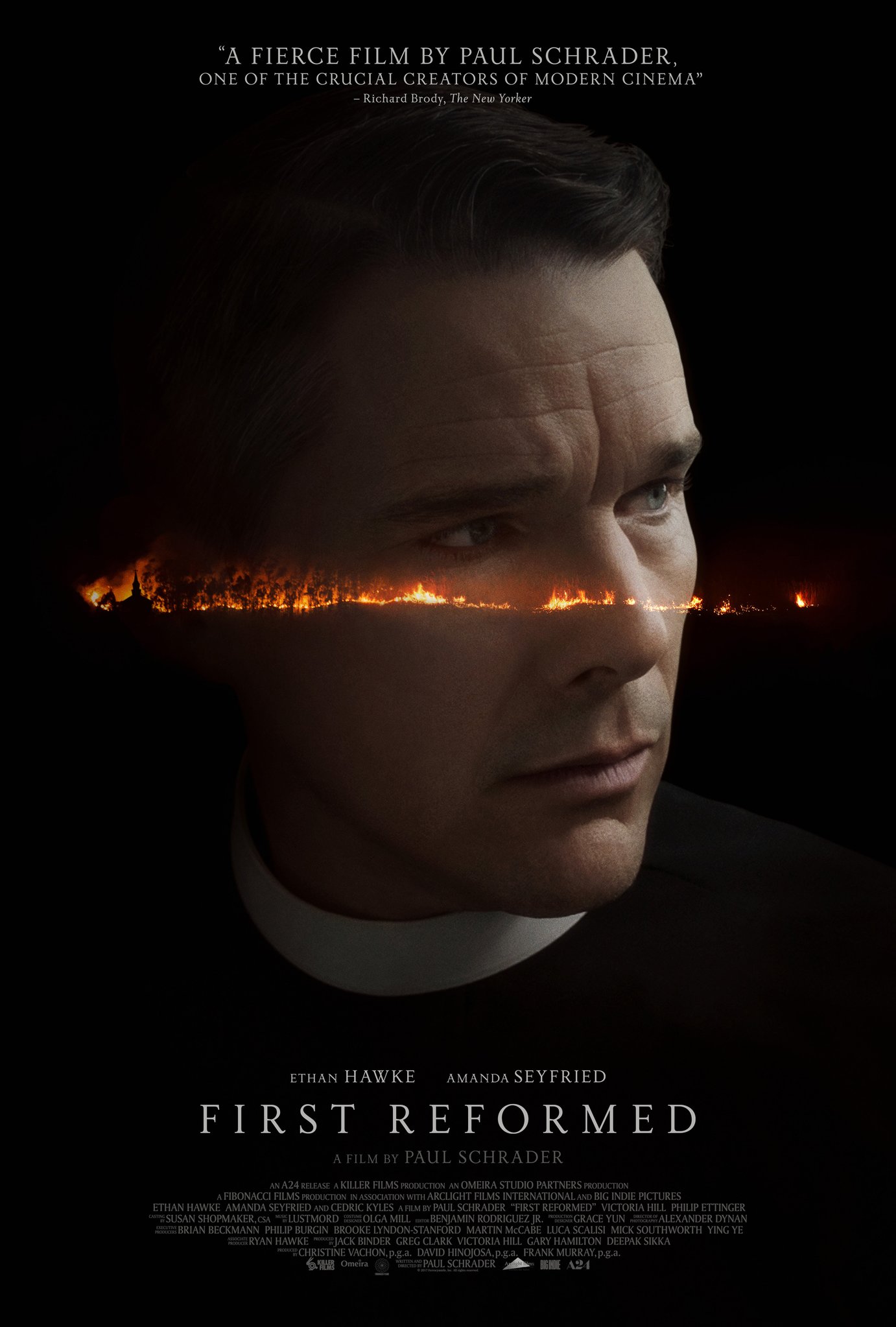
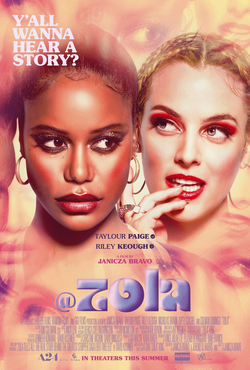
In Movies are Prayers you made the statement: “… we have to watch with grace. We have to accept that prayers can be unintended, that they can come from unbelievers, that even the howl of an atheist is directed at the God whom they don’t acknowledge. In this way we can explore movies anew as elemental expressions of the human experience, as message bottles sent in search of someone who will respond … God listens to the whispered utterances of the devotee in the pew, and he listens to our movies too.” Do you think this kind of approach to watching film could apply to living and working as a Christian in other areas of life?
I suppose it could. I’ll admit it’s easier for me to lead with grace when I settle into a movie theatre seat than when I’m in line behind someone boorish at the concession stand, but that latter scenario probably matters more in the grand scheme of things. I’ll have to work on that.
Thanks for your time and insights Josh. Let me end with 3-by-3 rapid-fire questions:
1. Who are 3 film critics you love to read?
Pauline Kael, Roger Ebert, Dana Stevens.
2. Who are 3 directors whose work you find yourself returning to?
Wes Anderson, Joel and Ethan Coen, Hayao Miyazaki.
3. What are 3 films you wish everyone would see?
Rear Window, My Neighbor Totoro, Do the Right Thing.
The Kirby Laing Centre for Public Theology in Cambridge. Charity registered in England and Wales. Charity Number: 1191741
Kirby Laing Centre, Office 1, Unit 6, The New Mill House, Chesterton Mill, French’s Road, Cambridge, CB4 3NP
© 2025 The Kirby Laing Centre for Public Theology in Cambridge